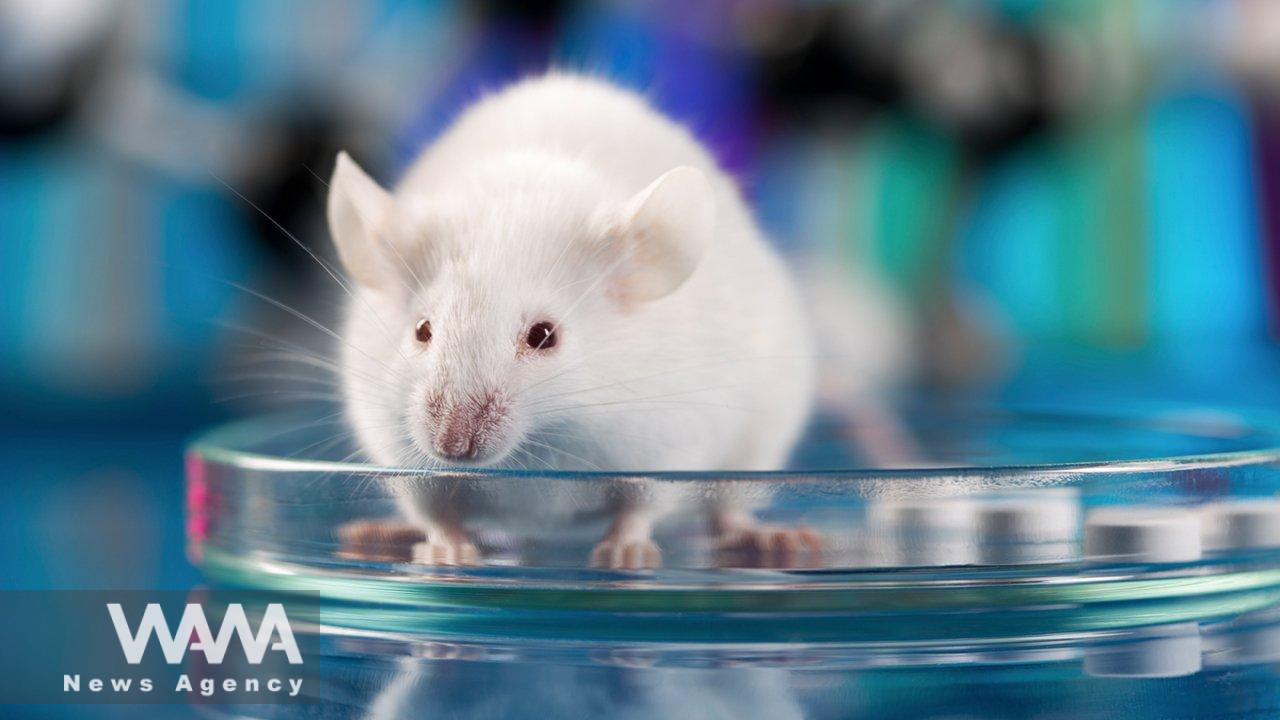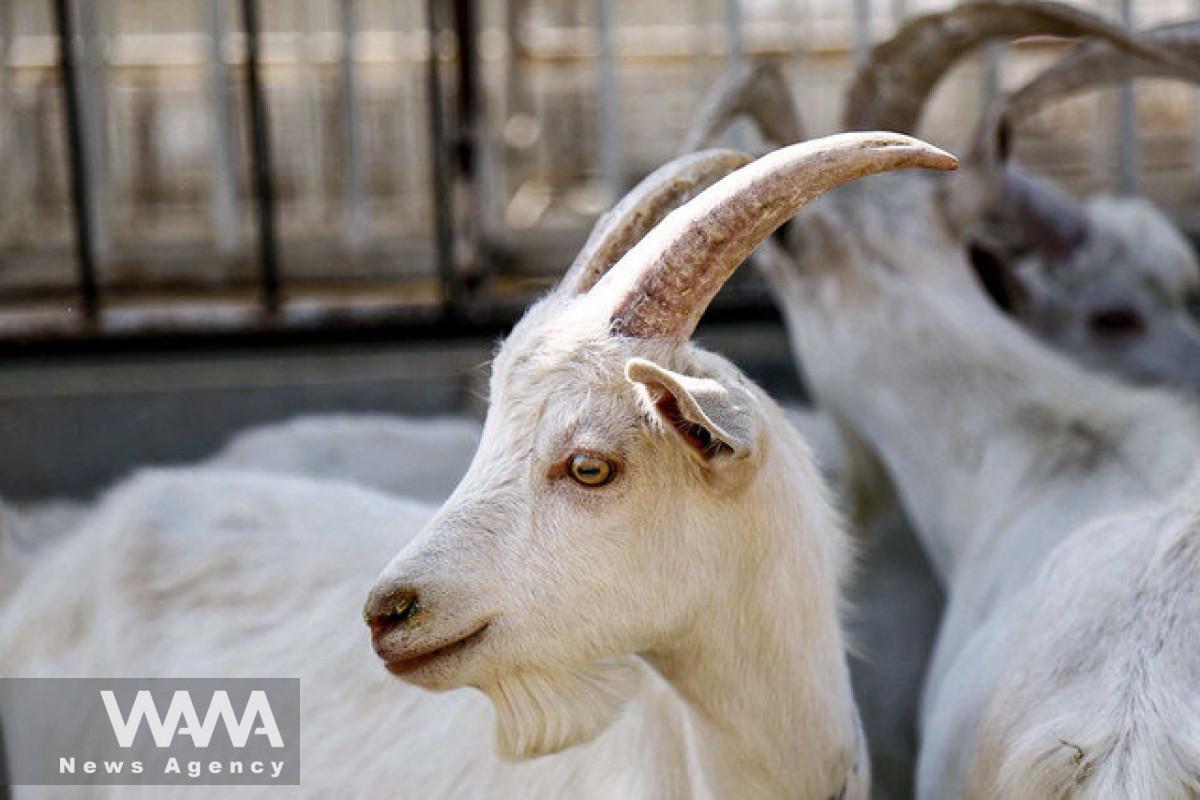Iran’s Laboratory Animal Hospital Establishment
WANA (August 07) – Royan Research Institute, a prestigious research center in Iran known for its significant achievements in stem cell research, biotechnology, and reproductive medicine, is set to establish a new hospital dedicated to laboratory animals.
This specialized hospital is designed to provide care and treatment for laboratory animals used in scientific research, aiming to offer specialized services for these animals.
The establishment of this hospital is expected to improve the welfare conditions of laboratory animals and enhance the accuracy of scientific research.
The facility will include various sections, such as surgery rooms, inpatient wards, and intensive care units. Additionally, it will be equipped with facilities for conducting various tests and clinical examinations on animals.

This initiative is anticipated to positively impact the quality and precision of scientific studies, enabling researchers to conduct their work with greater accuracy and reliability.
In response to questions regarding the progress of the animal cloning project at Royan Research Institute, the Head of Royan Research Institute, Dr. Abdul Hossein Shahvardi, provided an update on recent advancements.
He explained that Royan’s initial goal was to achieve cloning in a laboratory setting using animal models successfully. The subsequent objective was to perform genetic manipulation, which involves inserting a specific gene into a particular region of an animal’s genome to transfer a desired trait.
Shahvardi stated that the first step of acquiring cloning technology has been accomplished, and the next phase involves expanding these experiences. He highlighted that part of their focus and investment was directed towards animal sciences and the livestock industry.
Researchers at the Royan Biotechnology Institute in Isfahan achieved the necessary expertise and established a knowledge-based company aimed at cloning animals with high genetic potential.
Regarding the achievements of this knowledge-based company, Shahvardi noted that one significant accomplishment was the cloning of approximately 2,000 Saanen goats. This milestone was achieved with the support of Royan and involved reproducing these goats through in vitro fertilization and cloning techniques.

Saanen goat/Social media/WANA News Agency
Shahvardi has announced significant progress in their animal cloning project, highlighting recent advancements and future goals. One notable achievement is their venture into cloning endangered species. They successfully cloned the “Qumishlu” ram, a species native to the Isfahan region facing extinction.
Scientists extracted a cell from the ear of a Qumishlu ram and inserted it into the enucleated egg of a domestic sheep, resulting in the birth of the first cloned Qumishlu ram after years of dedicated effort. This cloned ram was later donated to the Isfahan Municipal Zoo.
The president emphasized that this success paved the way for a more professional scientific team, expanding services to the livestock industry and environmental conservation. This led to the formation of a knowledge-based company and the bold pursuit of genetic manipulation in humans.
He noted gene therapy’s growing application in treating diseases like thalassemia and hemophilia, where healthy genes replace defective ones. These global advancements have been documented in reputable journals, and Royan has taken initial steps to establish the necessary infrastructure for gene therapy. The institute is also advancing projects related to leukemia treatment.
This progress demonstrates Royan’s commitment to pioneering cloning and genetic research technologies, contributing to scientific innovation and practical applications in medicine and conservation.
READ MORE ABOUT ROYAN RESEARCH INSTITUTE
Royan Institute, established in June 1991 by Dr. Saeed Kazemi Ashtiani and a team of researchers at the Islamic Azad University of Medical Sciences in Iran, initially served as a specialized surgery center aimed at providing medical services to infertile couples and conducting research in reproductive sciences and infertility.
Today, Royan Institute has expanded its scope to include treatment, research, education, and commercialization of products, with specialized centers for infertility treatment, cell therapy, diabetes, and obesity.
The institute comprises three research centers: the Reproductive Sciences Research Center, the Stem Cell Biology and Technology Research Center, and the Biotechnology Research Center.
Its educational division operates within the Faculty of Basic Sciences and Advanced Technologies in Medical Sciences, offering short-term courses and a stem cell education center. Additionally, the institute hosts the Royan Biotech Incubator, Royan Innovative Technology Acceleration Center (RITAC), and several technology companies focused on the commercialization of knowledge-based products.
Royan Institute’s significant achievements include the birth of Iran’s first child conceived through IVF and ICSI methods, the use of stem cells to repair cardiac and corneal damage, the cloning of animals such as Royana the sheep and Maral the wild ram, and the establishment of Iran’s first umbilical cord blood bank and stem cell banks.












